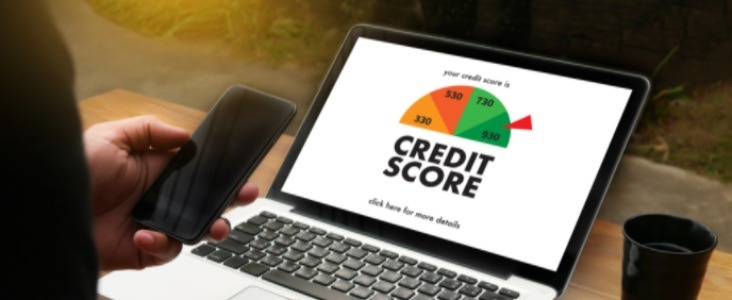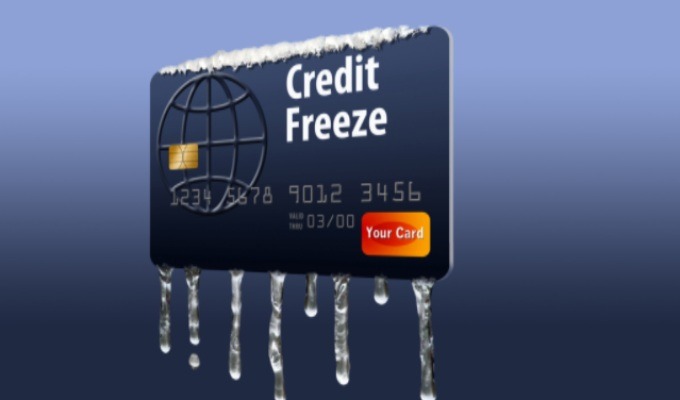
In this day and age, we’re all vulnerable to internet hackers finding a way to access our private, personal information. We’ve all heard the various media reports of big-name companies and even governmental entities’ computer systems being breached, and when it comes to personal finances, Equifax, a consumer credit reporting agency, is one of the latest to fall victim to cyber criminals, putting all its 143 million customers’ data at risk.
As a result, it should come as no surprise that many people are considering purchasing a credit monitoring plan as a way to protect themselves from thieves gaining access to personal data.
If this is something you’ve recently considered, it’s a good idea to know all the facts about credit monitoring before you decide if it’s the right move for you. What’s more, it behooves you to know the ins and outs of credit report freezing, as well, which could act as an alternative to credit monitoring and might make more sense for your situation.
So what exactly is credit monitoring? In general, it’s a service in which the customer is notified within 24 hours of any changes being made to their credit report. These changes, which might signal fraud, can include:
- Hard Inquiries or Hard Credit Pulls. This happens when a financial institution runs a credit check, usually when you’re applying for a loan or a credit card.
- New Public Records. This can involve information about tax liens, civil court judgements or bankruptcies.
- Change of Address: Your credit report contains any address associated with credit cards or loans. Anyone with the means and will to do so can change your address with the U.S. Postal Service and gain access to your mail, allowing a degree of control over your financial information.
- New Accounts. A credit report will reflect any new loan or credit card you open or a thief opens using your identity.
Changes to Existing Accounts. Information such as your payment history and your credit balance usage is included in your credit report.
Of course, not all credit-monitoring services are exactly the same and not all carry the same price tag, so it’s important you research your options. But now that you have the general idea, here are a few tips to consider when it comes to choosing what works best for you and your needs.
- Your existing credit cards may offer free credit monitoring and monthly checks of your credit score. This is worth a quick inquiry, especially since many such deals are free. The service might not be as comprehensive as a fee-based service, but it’s better than nothing. In fact, many cards alert you to unusual activity or unfamiliar charges, and it’s nice to see an updated FICO score each month.
- Securing credit monitoring doesn’t prevent identity theft. Remember, your credit-monitoring service can only report fraud after the fact. Once you know your information or identity has been compromised, it’s up to you to take corrective action.
- Services offering free credit scores might not be entirely accurate. As a point of fact, only a credit-reporting bureau can report your actual FICO score, the other guys offer an estimate.
- Be wary of “Free.” Only the website AnnualCreditReport.com is government authorized to offer a completely free credit report. All others offering free trials will try to tie you to monthly membership fees and other hidden costs. Be aware!

Consider a Freeze
If you’re not completely sold on credit monitoring, especially if paying for the service isn’t appealing, a credit freeze is a good alternative though there is a nominal fee.
Freezes typically range from $5-$10, but this cost might be waived if you’re over a certain age or have been the victim of identity theft. Check your individual state’s laws to see what fees, if any, apply to you.
A credit freeze happens when you authorize one or all of the three credit-reporting agencies – TransUnion, Equifax and Experian – to block access to your credit report, preventing lenders from accessing your financial information as a means to offer credit.
The way it works is you will be issued a Personal Identification Number (PIN), which is needed to break the freeze. Because only you have access to the PIN, no one else can fraudulently use your identity in an attempt to gain credit in your name.
And just in case you were wondering, enacting a security freeze on your credit report will not have an impact on your FICO score, so there’s no risk there. But take note that, in order to ensure your credit reports remain private and available only by your permission, you must apply separately to each of the three credit-reporting agencies.
You should also be aware that, even with a freeze in place, you can still check your credit report and none of your current creditors will be burdened by it.
Finally, one last note about a credit freeze that you may have figured out already: Because would-be thieves are “frozen out” of your credit, so to speak, so are you, meaning you have to notify the credit-reporting agency in order to lift it.
In other words, any time you apply for a credit card or a loan, you’ll have to go through the process of removing the freeze, which also includes paying another $5-$10 fee. Now, although at first that might seem burdensome, the extra step might give you pause regarding whether you really need that extra credit or not, and in my opinion, a second thought about whether or not to access more credit is never a bad idea.
For more information about credit monitoring or credit freezing, the team at American Credit Foundation is on hand to help you sort it out.